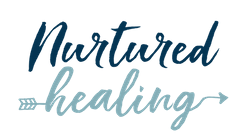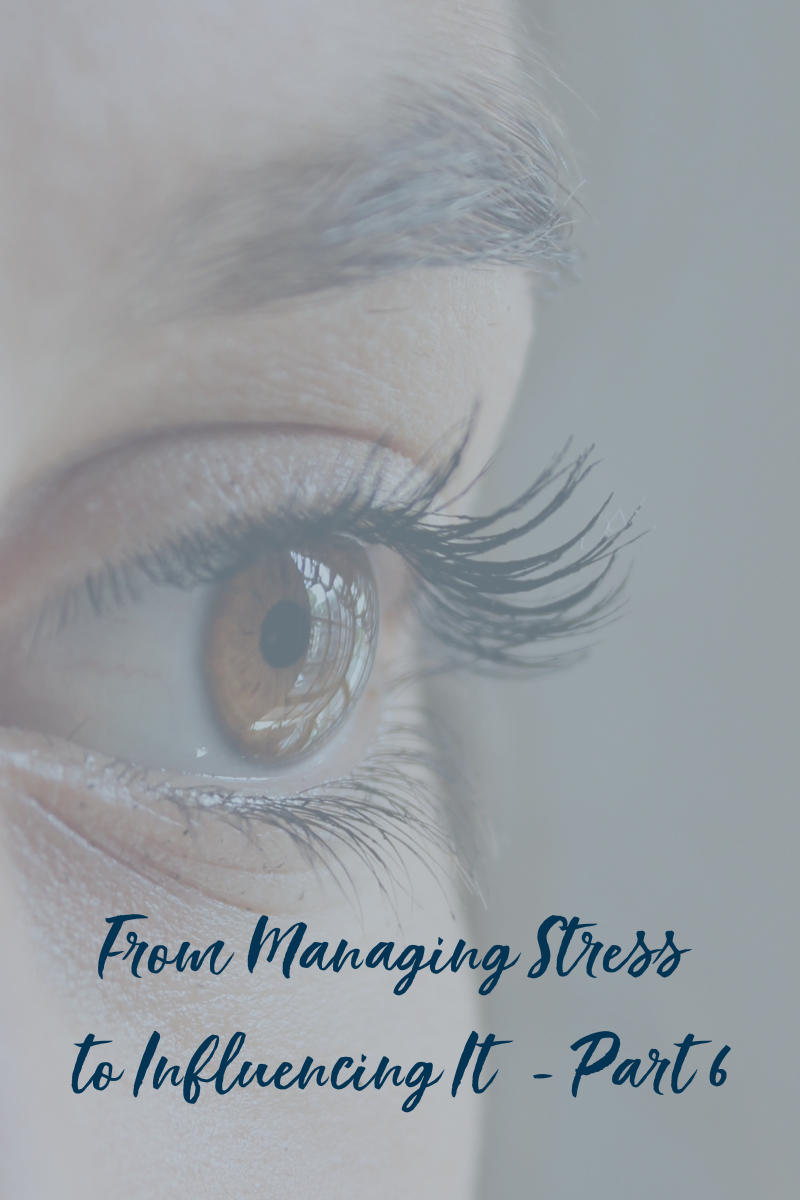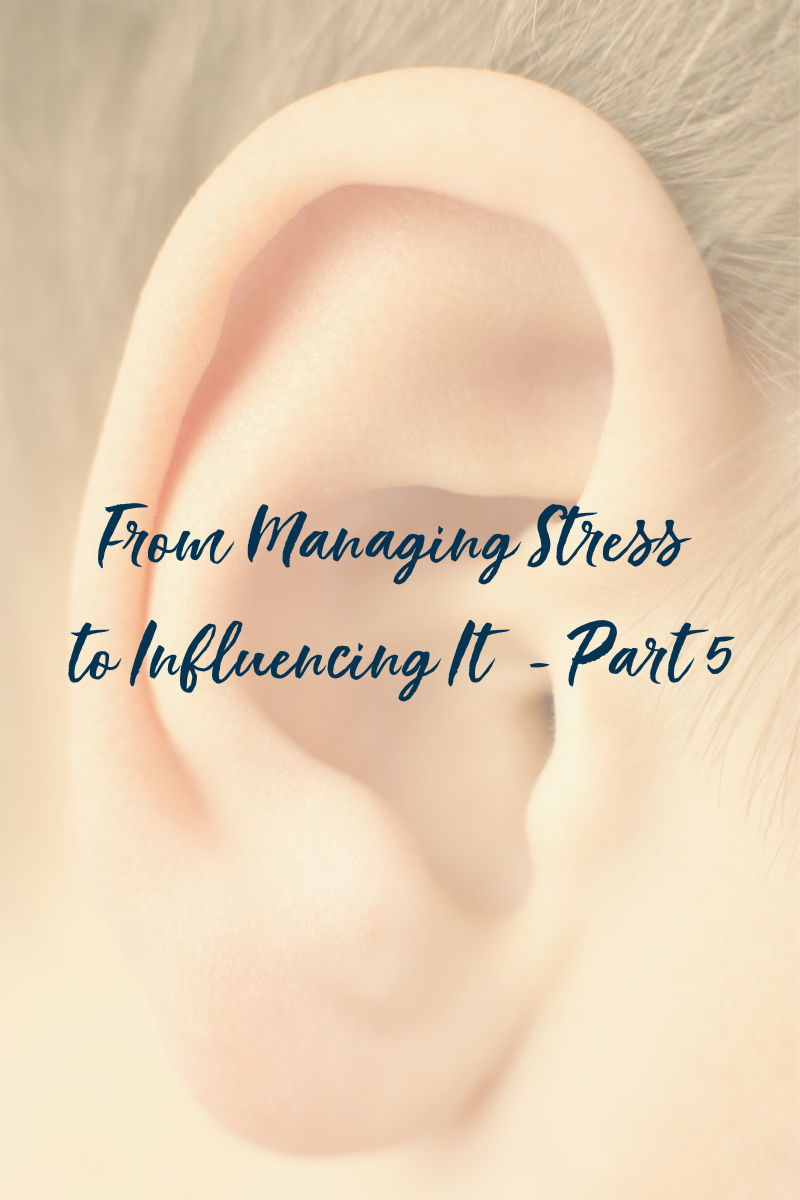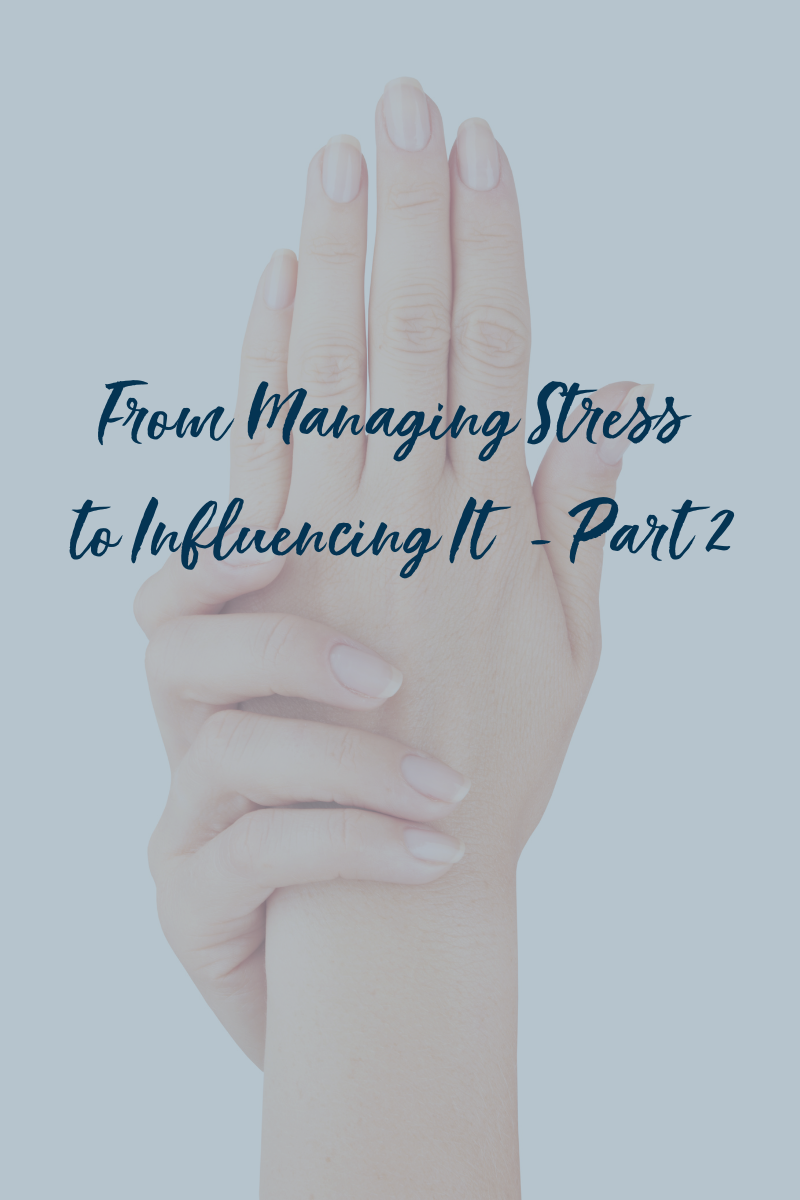When you are stressed, it’s likely that you not only feel a notable sensation in your body, but you may also feel a certain way emotionally. It’s also likely that to soothe those physical sensations and/or emotional feelings of stress, you have a go-to, self-soothing habit or collection of habits, i.e., scrolling social, Netflix, working harder, eating, shopping, consuming alcohol/drugs, gambling, gaming, etc.
Self-soothing behavior habits, also called coping mechanisms, are usually noted by their “escape” quality. When our discomfort becomes too much, we can “move away” from it by immersing ourselves in something else.














